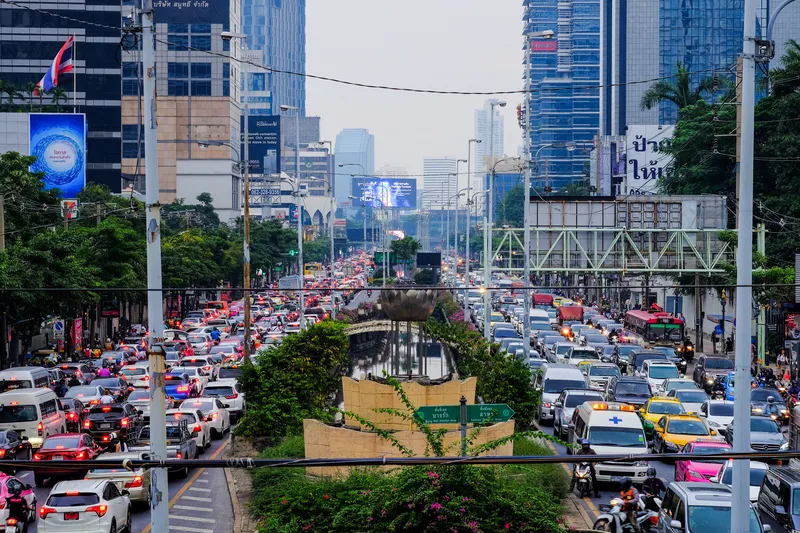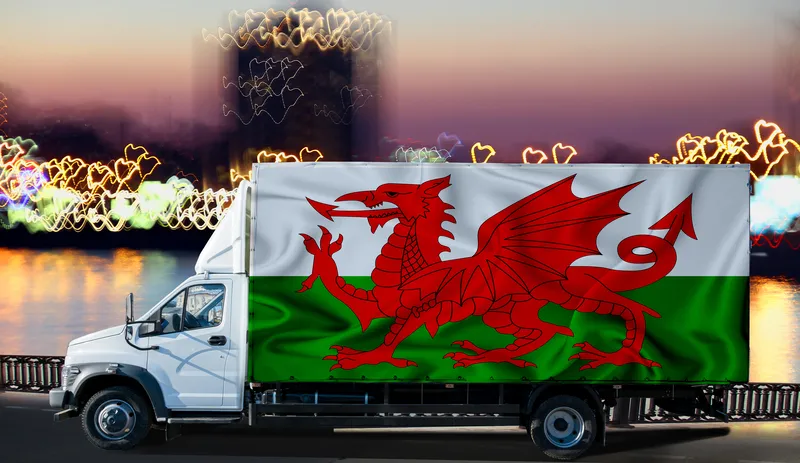
Bangkok is introducing a road toll to improve air quality and deter commuters from driving in Thailand’s capital.
A report by German broadcaster DW says the proceeds from the charge will be used to help upgrade public transport.
The programme is being carried out by the Thai Department for Transport Policy and Planning and German development agency Deutsche Gesellschaft für Internationale Zusammenarbeit (GIZ).
GIZ says on its website the Clean Mobility Programme will support the Thai government in enabling a shift toward sustainable transport by addressing low-quality public transport services operating in cities and an increase of private vehicle usage.
It also seeks to help cities improve mobility and manage travel demand in cooperation with relevant authorities, the agency adds.
This programme is part of Global Transfer III, an initiative carried out by GIZ on behalf of the German Federal Ministry for the Environment, Nature Protection, Building and Nuclear Safety.
Transfer III supports efforts being made in Thailand, Peru, the Philippines and Indonesia to reduce greenhouse gases (GHG) from transport.
According to GIZ, Thailand's government has pledged a 20% reduction in GHG emissions by 2030.
The agency claims a third of these emissions are caused by transport, leading to a rise in air pollution and losses of productivity due to traffic congestion.
Earlier this year, Toyota Mobility pledged ฿50 million (£1.2m) to Chulalongkorn University as part of a project to ease congestion on Rama4 Road in Bangkok.










